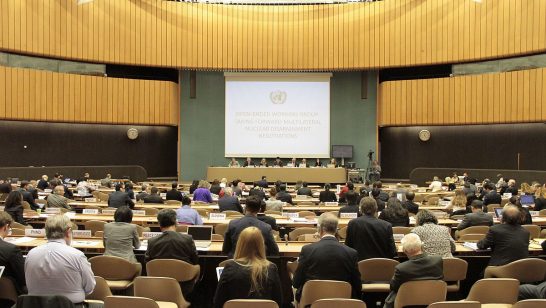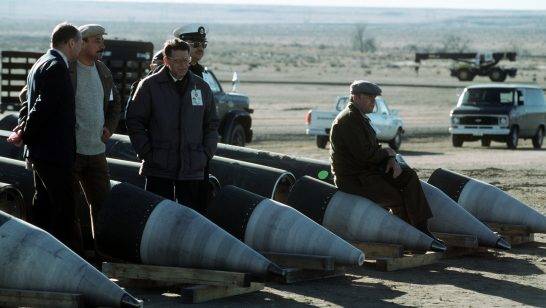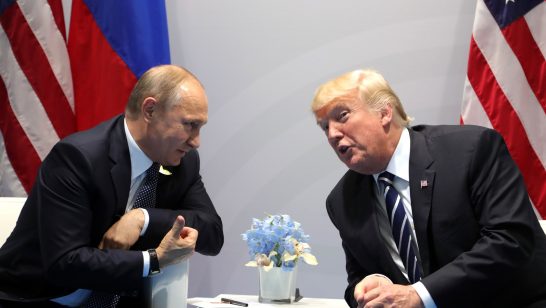
This new ELN policy brief offers a framework for evaluating nuclear responsibility based on three factors: (1) observation of legal obligations, (2) adherence to norms, and (3) risk reduction.
It then engages with the question on how the United States and Russia can become more responsible nuclear actors so as to strengthen the global nuclear order at a time when it is most fragile?
The policy brief argues that the United States and Russia can demonstrate greater responsibility by:
- Re-engaging with arms control, including resolving the INF Treaty, extending the New START agreement and offering new visions for the future of arms control.
- Increasing transparency to reduce misperceptions about doctrine, including US-Russian military-to-military doctrine assessments, introducing a “responsibility” discussion within the NPT forum or engaging with NGO’s.
- A joint statement on reducing nuclear risks to reinforce the principle that nuclear war cannot be won and must never be fought.
- Committing to nuclear safety and security.
- Separating risk reduction from the Ban Treaty, and leaving it to the discretion of the NPT forum.
Download the Policy Brief
The opinions articulated above also do not necessarily reflect the position of the European Leadership Network or any of its members. The ELN’s aim is to encourage debates that will help develop Europe’s capacity to address pressing foreign, defence, and security challenges.




